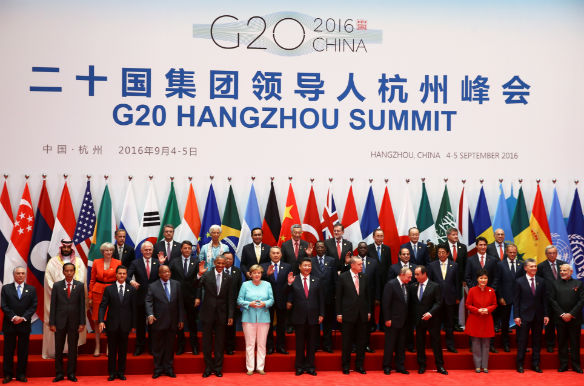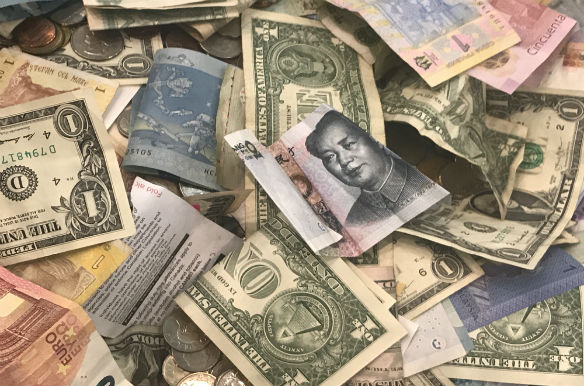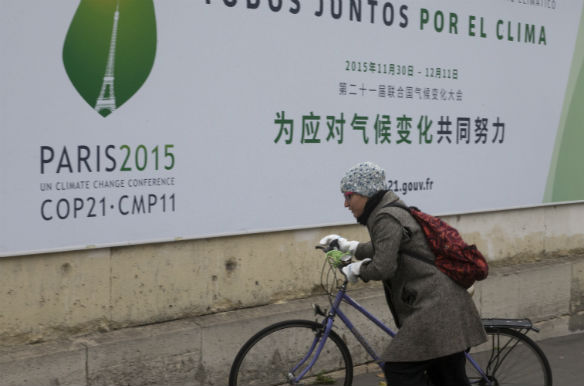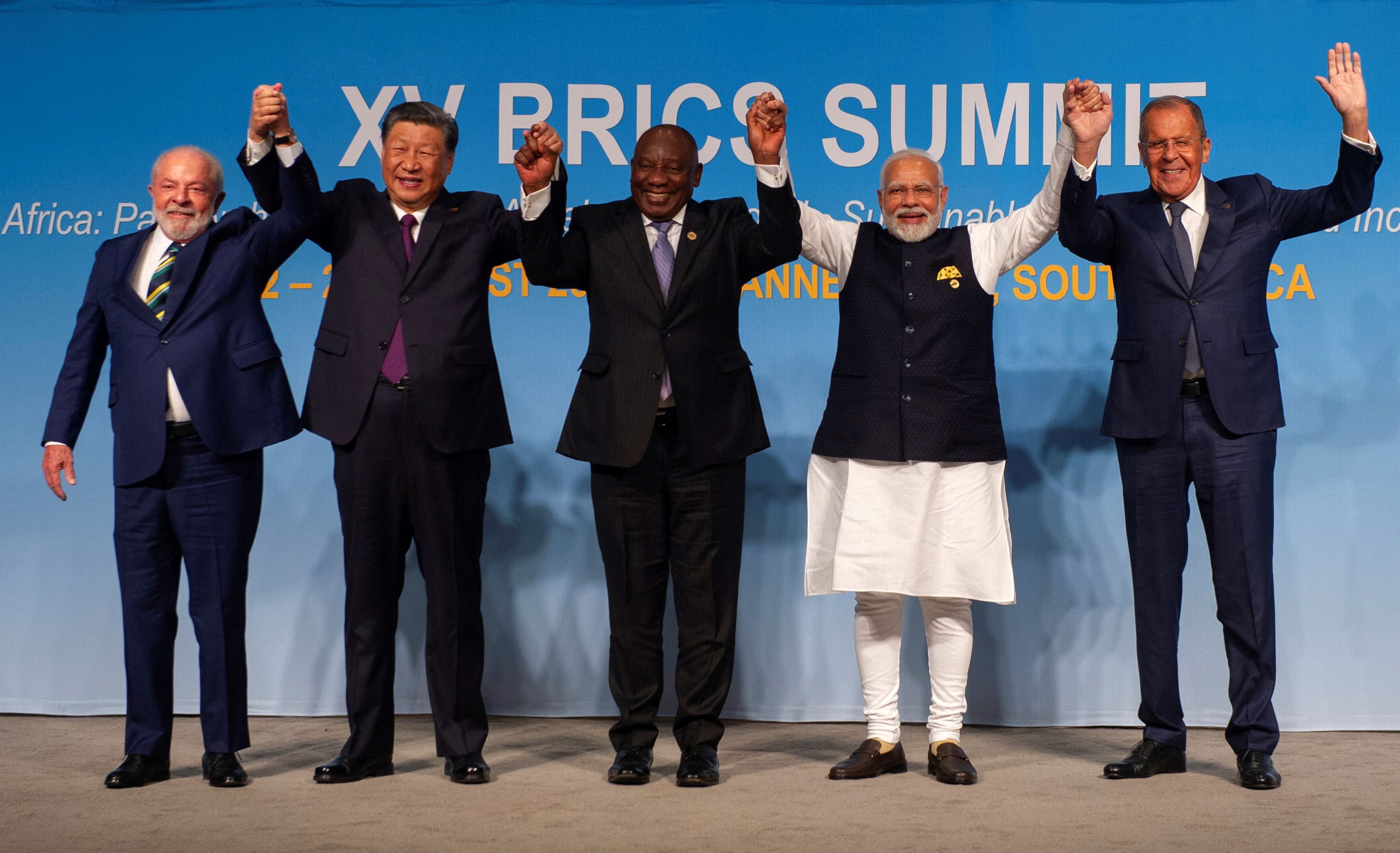Steering a World in Disarray: Ten Summits to Watch in 2017
After a tumultuous 2016, the world holds its breath for what the coming year may bring. Angry populism is on the march. Great power relations are tense. The Middle East has imploded. Meanwhile, President-Elect Donald J. Trump proposes to upend U.S. foreign policy in areas from trade to climate, alliances to nonproliferation, terrorism to human rights. In a world in disarray, can multilateralism deliver?
After a tumultuous 2016, the world holds its breath for what the coming year may bring. Angry populism is on the march. Great power relations are tense. The Middle East has imploded. Meanwhile, President-Elect Donald J. Trump proposes to upend U.S. foreign policy in areas from trade to climate, alliances to nonproliferation, terrorism to human rights. In a world in disarray, can multilateralism deliver?













